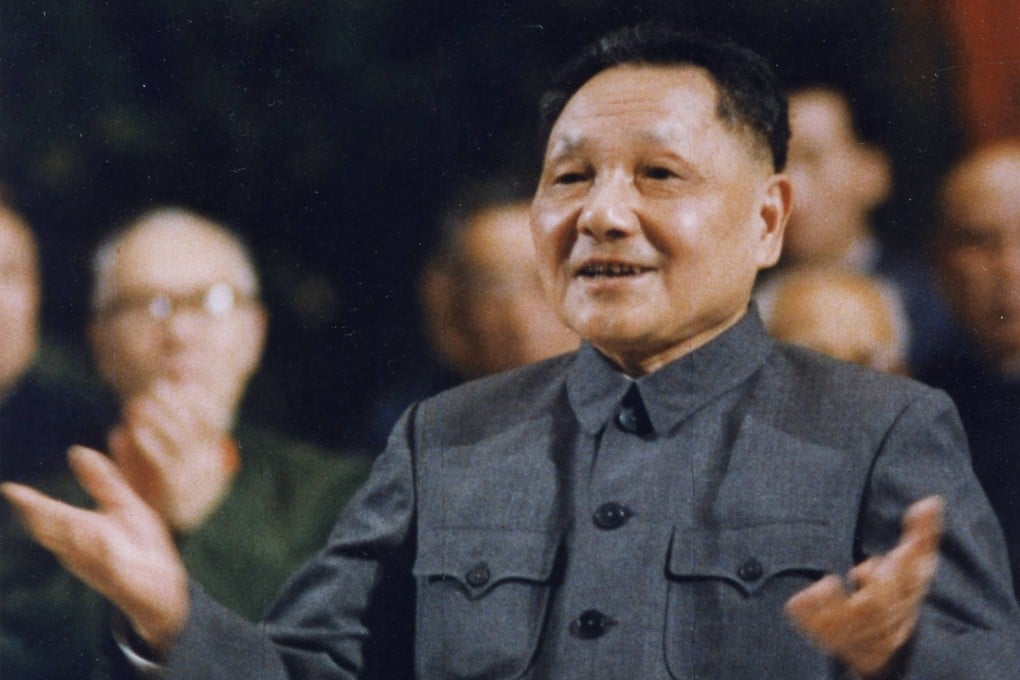My Take | Remembering Deng Xiaoping: why ‘thought emancipation’ points the way on China’s future
- By freeing China from Maoist ideological shackles, the late leader unleashed an era of economic and social liberalisation

As China prepares to commemorate this month the 120th anniversary of the birth of Deng Xiaoping, the “general architect” of the nation’s reforms and opening up, it is important to revisit one of his key legacies: China’s “thought emancipation”.
While the term may sound like just another piece of communist jargon, it is anything but. In essence, it is about freeing the minds and ideas of the Chinese people from Maoist dogmas by removing ideological taboos, thus unleashing people’s creativity and entrepreneurship for the country’s development.
In the short span of a few years, the way the Chinese people view their lives, country and the world has changed from ideological to pragmatic, making it possible for economic liberalisation to take place.
One key aspect of the movement is the disregard for orthodox “political correctness”. Many economic practices that are taken for granted these days once seemed to be insurmountable obstacles.
For instance, today nobody would bat an eyelid at a private enterprise hiring hundreds of employees. But back in the early 1980s, whether China should allow private capital to hire labour at scale was a hugely controversial issue. Private employment of labour in for-profit production was once regarded as a textbook example of exploitation. But once the atmosphere turned pro-development, that taboo quickly dissipated.
In another example, when China just started embracing market-oriented reforms, the command economy, or planned economy, was still regarded as a hallmark of socialist China. Throughout the 1980s, China tried to position “commodity economy” or “market economy” as a supplement to a planned economy.
It was only after Deng’s famous Southern Tour in early 1992 that China began to accept how socialism can also embrace a market economy. As a result, a purely planned economy was no longer regarded as politically correct.

